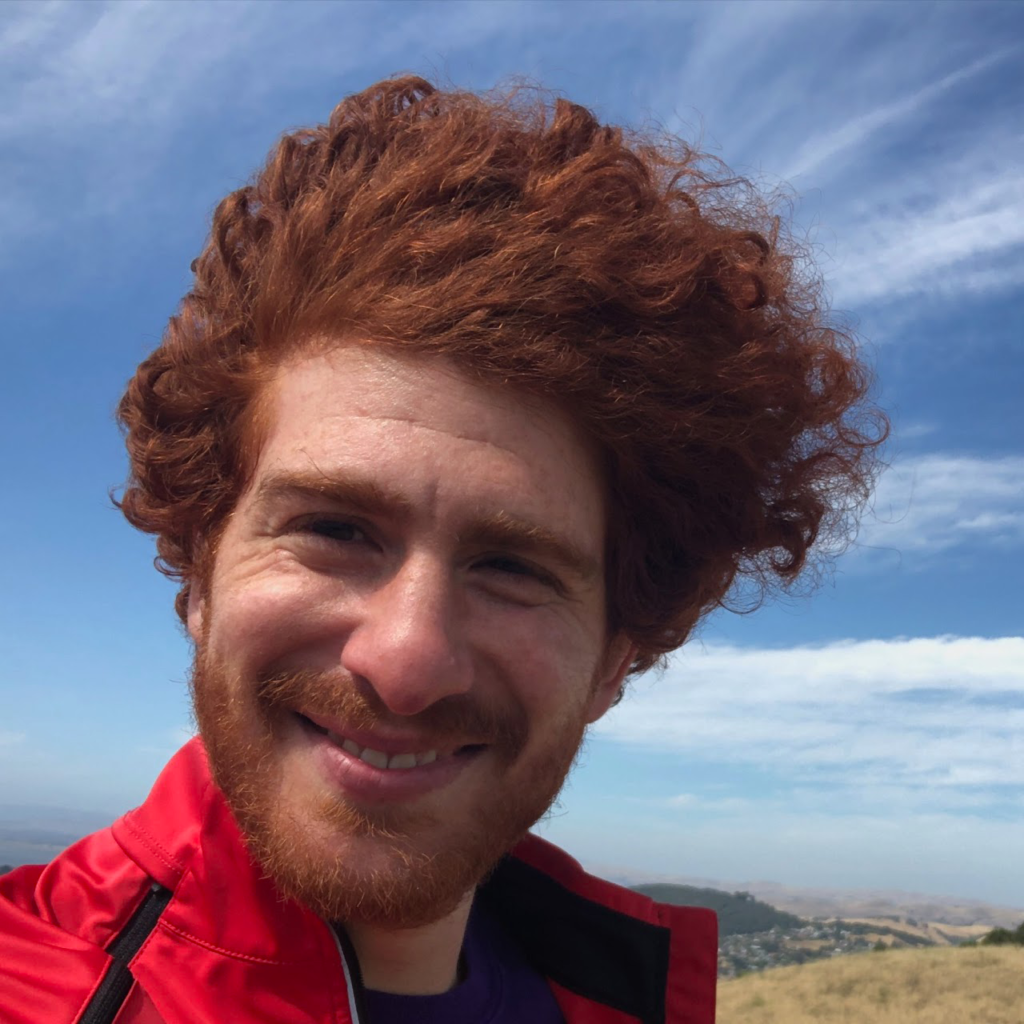
My name is Stuart Loebl (pronounced “low-bull”) but my students know me as Mr. Stuart.
I am lucky enough to teach science to incredible students at High Tech High in beautiful Chula Vista, California. I get to watch student’s excitement as they learn about the world around them. Every day, students who come to my class participate in hands-on, inquiry based investigations that cultivates their growth as scientists and human beings. I treasure the teaching moments when students become excited about something they had said was, “Boring”.
I didn’t like science when I was younger because I always thought that it was just about memorizing facts. When I got to college I found out nothing could be farther from the truth: science is creative, and about exploring the great mysteries of the universe. I decided to become a science teacher to ensure students get to experience and learn to love science in a way that I didn’t as a kid.
I did a brief stint working in the film industry, before starting teaching in 2017. I have since taught every grade of students from 1st-12th, but have found a special niche with Middle School students engaging in hands-on project based learning.
During distance learning I spearheaded a take home science kit program so students throughout Hayward Unified School District could engage in hands-on science and engineering investigations regardless of their financial situation. I am proud that 5,000 Hayward students received their own science material kits. I was awarded the Jefferson Award for Public Service for that Project.
Part of my Science Kit program involved creating a professional development series for the 200 teachers. This experience cultivated a love for teaching educators that has spun off into a number of projects including a number of hands-on inquiry based science professional developments, a vaccine curriculum series, and facilitation in numerous climate change professional development series. My work teaching students and educators about climate change has spun off into the development of the Climate Empowerment Curriculum.
When I am not teaching I try to spend as much time outdoors as possible: hiking, biking, kayaking, swimming and searching for interesting species of plants, animals, and other organisms.
